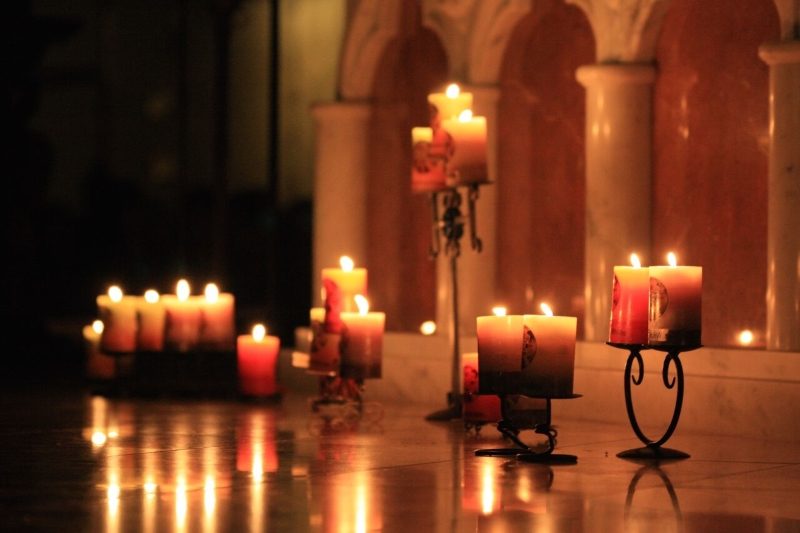Liturgy should make you want to belong. But most religion works by saying “you are the in group” and “you are the out group”, said Professor Thomas O’Loughlin on July 5 at Auckland ‘s Pompallier Diocesan Centre.
Professor O’Loughlin, an academic who came from Ireland and who is also a priest of the diocese of Arundel and Brighton in the United Kingdom, gave a talk on what constitutes good liturgy.
Contrary to what some Catholics might think, this is a vitally important question, he said.
This is because, as distinct from traditional societies, our modern society is very weak on “the carrying effect of societal memory” and “we actually have to evangelise each generation afresh”.
“In that evangelisation, liturgy not only becomes our shop window, but it also becomes our weakest link.”
That is because while good liturgy builds up the faith, bad liturgy weakens and even destroys it, Professor O’Loughlin said, citing a US bishops’ document on music from 1972.
So, what makes for good liturgy? Professor O’Loughlin used an analogy with good design, citing the principles of German designer Dieter Rams.
Such principles include “it should be user-friendly, it should be clear what you are doing, it should be intuitive how to go through it”.
Professor O’Loughlin said people are free to disagree with this approach. But he reflected on several aspects he suggested were needed for good liturgy. Among these aspects is the need to try to be as inclusive as possible.
“You go into a club and everyone is there wearing the club tie,” he said. “And immediately, you are the guest there, they turn around to you and they say, are you OK? At one level they are sending a signal to you, we are looking after you, but actually they are patrolling the boundary, by letting you know that you are a guest.
“Thankfully, it is not an experience that many of us have.
“Curiously, it is a very common experience of people who just come and look at our liturgy. They are given all sorts of little cues that there is the in-group who ‘know’, and then there is you — and really you do not belong. No, of course, you can take a hard theological line and say, you don’t belong, because you are not the right make of religion, or the right make of Christian, or the right theology or the right something else.
“But the problem is, we are the community which is supposed to be taking the Gospel to every creature. So if you are getting cues that you really don’t belong, we are really failing in our missionary endeavour, because we should be sending you a cue, if you want to belong, you are very welcome. Because, otherwise we are saying, our religion is our private domain, and our God is our private God. That is incompatible with what we claim about the universality of God, or what in Protestant theology would be known as missio dei — that God is speaking to every human heart.”
Professor O’Loughlin continued: “A specific characteristic of Christian liturgy is that the message of the Christ goes out to all boundaries. That is what Paul spent his entire career saying. There are no boundaries to where God is at work. So being inclusive is something we need to work at in liturgy, again because otherwise we are going to lose people, but also because it is true to our deepest theological roots.”
He went on to advocate for honesty in liturgy, where language and signs don’t clash; for a liturgy that respects creation, recognising that God is in the everydayness of peoples’ lives; for a liturgy that is open to surprises and improvements, because “God is always greater”; for a liturgy in which the gifts of the community are harnessed.
Other aspects that make up good liturgy include genuine concern for the marginalised, avoidance of “clutter”, joyfulness, the building up of community and the facilitation of engagement.

This is all fine- as a theory, but did he go on to give concrete examples of how this works in actual practice. It seems to me we, in the church, spend far too much time with theories and ideas but seldom get around to actually DOING what we talk about. sure we will make mistakes but that is how we grow and learn. God gave us the capacity to learn from out mistakes and try again. So let’s do it!